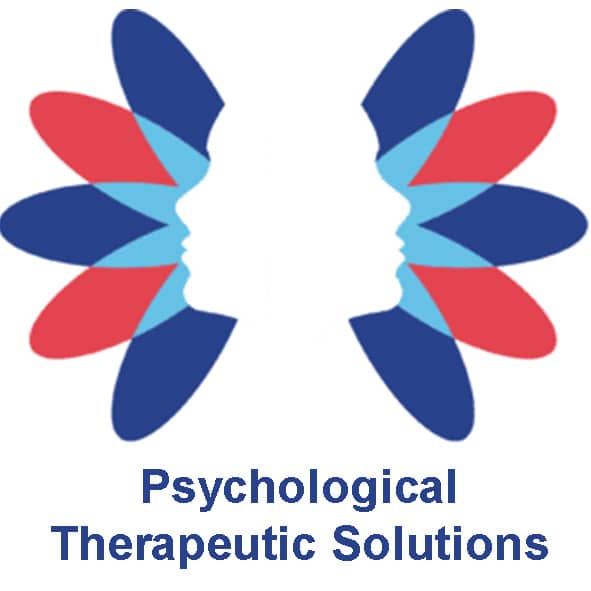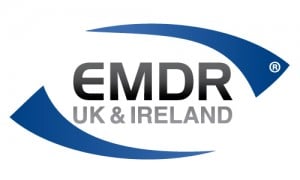How to Get the Most Out of Therapy
The therapeutic relationship is unique and differs from typical friendships. Therapists are trained to maintain professional boundaries to ensure the effectiveness of therapy. While it’s important to feel comfortable and connected with your therapist, the relationship is primarily focused on your well-being rather than a mutual friendship. It’s generally advised to avoid forming a personal friendship with your therapist to maintain the therapeutic dynamic.
Therapy Questions?
Being open and honest in therapy is crucial for its effectiveness. Therapists are there to provide support and understanding, and your openness allows them to better help you. Trust is a key component of the therapeutic process, and sharing your thoughts, feelings, and experiences can contribute to building that trust.
If you’re considering Eye Movement Desensitization and Reprocessing (EMDR), it’s essential to discuss any concerns or fears you may have with your therapist. EMDR is a therapeutic approach often used to treat trauma and related conditions. While it can be intense, many people find it beneficial. Your therapist will work with you to ensure that the pace and intensity of the sessions are appropriate for your comfort level.
To get the most out of your therapy sessions, consider the following:
- Set clear goals: Work with your therapist to identify specific goals you want to achieve in therapy. This can help guide the focus of your sessions.
- Be open and honest: Share your thoughts and feelings openly, even if they seem difficult or uncomfortable. This will help your therapist understand your experiences and tailor their approach to your needs.
- Communicate with your therapist: If something isn’t working or if you have concerns about the therapeutic process, don’t hesitate to discuss it with your therapist. They are there to help and adjust the approach if needed.
- Commit to the process: Therapy is a gradual process, and change takes time. Be patient with yourself and the therapeutic journey.
Remember that therapy is a collaborative effort, and your active participation and honesty contribute significantly to its success. If you have specific concerns about EMDR in that it may overwhelm you, discussing these concerns with your therapist can help address them and ensure that the therapy is adapted to your needs.






